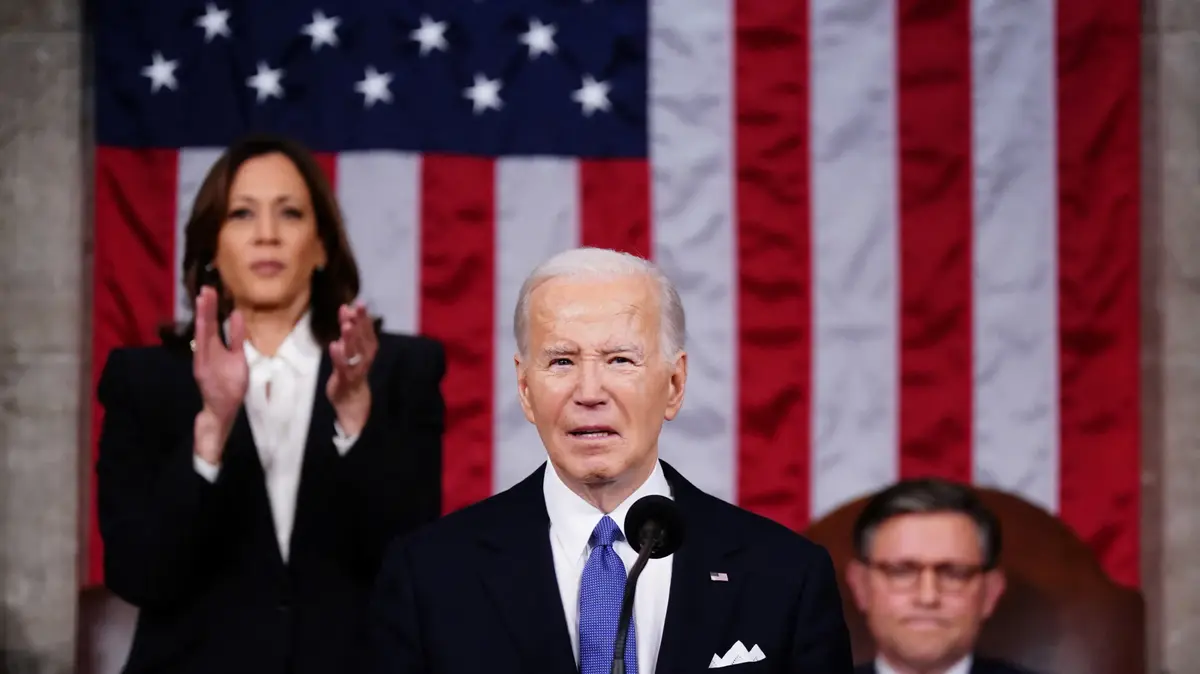Among the great states of the planet, Argentina, which ranks eighth in terms of its territory, is the only one that faces recurrent financial crises with very negative effects on the economy and disastrous impacts on the living conditions of its people.
Why, having achieved a relatively successful model of welfare and development, has Argentina fallen into a cycle of failures or failed trials?
By 1960 we enjoyed a per capita income similar to Japan or Spain, a GDP equivalent to the economies of all Latin America, low unemployment and negligible poverty, but for more than four decades there are deep causes that prevent its growth.
Transforming national savings into investments, successfully managing the fiscal and budget deficit, are issues still to be resolved, such as the indomitable inflation. Even the myth of the exceptional nation that we were has fallen into the abulia of popular despair!
In my opinion, the most direct cause is the following. The real economy – production, trade and banking activities – is linked in a web of interests that aims to provide a permanent flow of resources destined to pay the highest interest rates in the world to the holders of the public debt that the State has contracted.
This debt is the fruit of a policy initiated in 1976 – and completed by the beginning of the year 2000 – which is permanently guaranteed by an institutional extraterritoriality that the leading groups of almost all parties have ensured through the renunciation of the sovereignty of the State itself and the extension of jurisdiction in favor of the courts of New York and London.
This dispossession of state sovereignty benefits Argentine politicians by removing judicial litigation from local courts where their responsibilities would be more visible to public opinion, since no one takes charge of the commitments generated by a policy that conditioned the real economy with state obligations, without calculating the risk of their ability to repay.
It is not the first time that our country incurs in unbridled chimeras. When Juarez Celman fell in 1890, the myth of permanent progress, the deification of money and economic success, became a hallucination.
Carlos Pellegrini, the new president, had 9 days to pay the debt and the guarantee of the railways, but in the National Bank "there was nothing".
In 1891, Miguel Cané, from Europe, wrote to Roque Saenz Peña: "we are incapable of governing ourselves, we live with real fear of the future". However, they realistically assumed the responsibility of negotiating with creditors and years later terminated all railway contracts with guarantee clauses in gold, which consumed a third of the budget expenses. A real "robbery", as the Cordovan deputy Magnasco said, who described these operations as a "matufia".
The Argentine case seems clear to me. We contracted with the IMF a loan of more than 11 times our quota, which was very difficult to repay, to which had to be added the enormous debt that the State had been dragging. At the beginning of this year 2023, according to the Budget law approved by Congress, the State's debt is 408,000 million USD, to which 111,000 USD will be added next year.
To the service of this debt, which is the largest item of budgetary expenditure, is added the other chapter that is the "quasi-fiscal" indebtedness of the Central Bank, whose independence keeps it outside the control of governments and Congress.
The debt of the LELIQ in charge of the Central Bank amounts to 13.9 billion pesos, with an interest rate of 91%, raised on the 15th of this month to 97% per year, which when refinanced becomes an effective annual rate of 145.5% The product that preceded the LELIQ was called LEBAC and was created more than twenty years ago by inspiration of a director of the Central Bank who through these Titulos thought that "greed would overcome fear."
He was certainly right because Argentina pays the highest rates in the world for its public debt. These two pipelines of mega-subsidies – the level of interest rates justifies this rating – through which the public sector pays debt holders and investors in securities issued by the Central Bank, constitute the main cause of inflation and the public deficit.
And despite such failed experiments, an anti-inflationary policy has been proclaimed that keeps the creation of currency unrestricted by the Central Bank, whose guidelines are intended to favor groups of speculative investors.
The submission imposed by this institutional structure of dependency has created a status quo that successive governments, for lack of imagination or courage, have preserved both politically and legally.
Created with the strange complicity of almost all political representatives for more than 40 years, it secures the funds necessary to guarantee the income of capital that have created the structure of dependency that I have described, but it slows down the growth and well-being of the population, and absorbs funds that could be allocated to education, health, productive investments and improving workers' incomes.
This structural submission of dependence is the cause of Argentina's stagnation. We should reflect calmly but urgently, to find a way out of a policy in which we have been locked by the "neoliberal" vision of the military process, and which despite 40 years of democracy, continues unchanged in everything that the debt refers to. With patriotism and without shame, we have to find a new direction with a hope for growth and well-being.
Because as St. Louis said, what is not assumed is not redeemed.
Juan Archibaldo Lanús is a diplomat and historian. He was vice-chancellor and ambassador to France.















